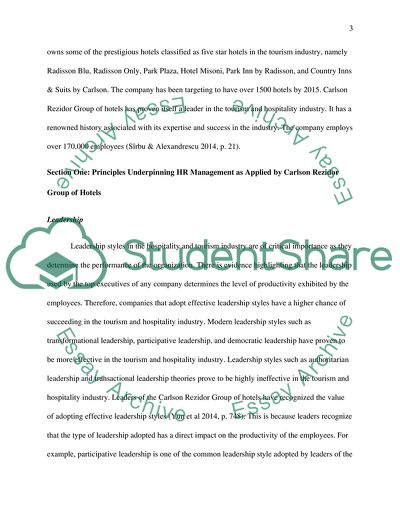Cite this document
(Human Resource management in the tourism and hospitality Essay, n.d.)
Human Resource management in the tourism and hospitality Essay. https://studentshare.org/human-resources/1857001-human-resource-management-in-the-tourism-and-hospitality
Human Resource management in the tourism and hospitality Essay. https://studentshare.org/human-resources/1857001-human-resource-management-in-the-tourism-and-hospitality
(Human Resource Management in the Tourism and Hospitality Essay)
Human Resource Management in the Tourism and Hospitality Essay. https://studentshare.org/human-resources/1857001-human-resource-management-in-the-tourism-and-hospitality.
Human Resource Management in the Tourism and Hospitality Essay. https://studentshare.org/human-resources/1857001-human-resource-management-in-the-tourism-and-hospitality.
“Human Resource Management in the Tourism and Hospitality Essay”. https://studentshare.org/human-resources/1857001-human-resource-management-in-the-tourism-and-hospitality.


